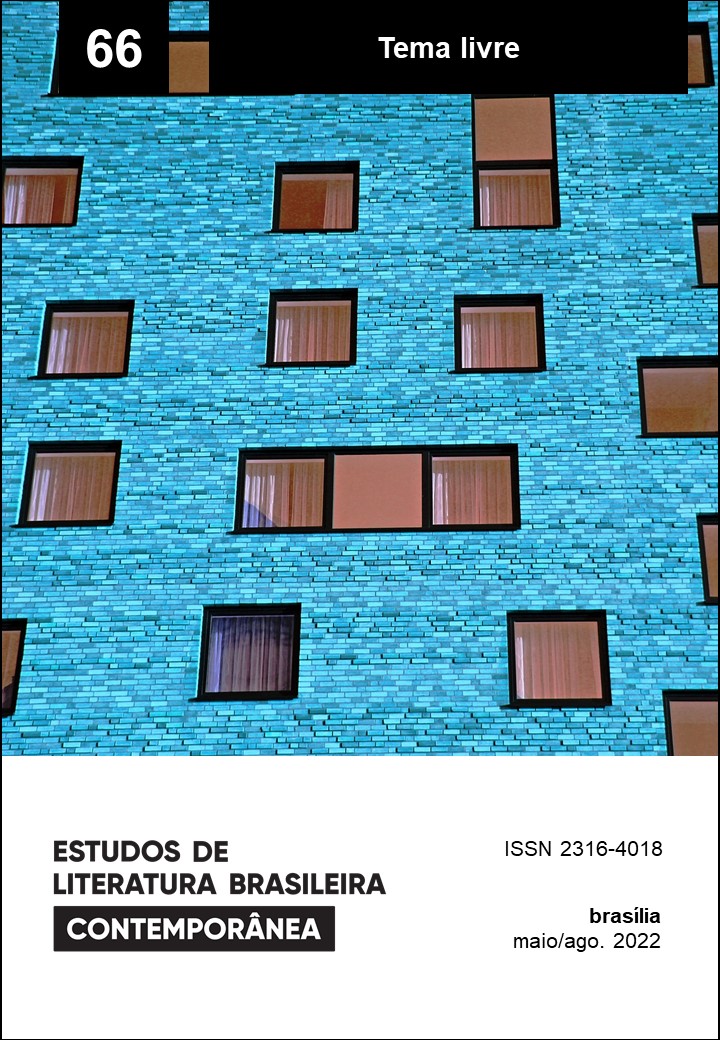Makunaíma ate Mário de Andrade: Posthumanism, anthropophagy and the fantastic in the short story “Makunaíma e os Manos Deuses” by Julie Dorrico
DOI:
https://doi.org/10.1590/2316-40186607Keywords:
indigenous literature; Amerindian perspectivism; Macunaíma; posthumanAbstract
This paper analyzed the short story Makunaíma e os Manos Deuses, by author and indigenous scholar Julie Dorrico, and its anthropophagic relationship with Mário de Andrade’s novel Macunaíma, o herói sem nenhum caráter, in which it perfumes vengeful echoes of an “oral-cannibal complex”. The article sought to define whether Makunaíma e os Manos Deuses belongs to a new decolonial and minor Brazilian literature that eschews the failed attempts to create a national literature aligned with the Western canon and makes peace with its indigenous, African, and popular roots. The present analysis takes place through the keys of posthumanism, Amerindian perspectivism, literary minority, anthropophagy, and the fantastic.
Downloads
Published
How to Cite
Issue
Section
License

This work is licensed under a Creative Commons Attribution-NoDerivatives 4.0 International License.
Authors who publish in this journal agree to the following terms:
a) The authors maintain the copyright and grant the journal the right of first publication, the work being simultaneously licensed under the Creative Commons Attribution License-Non Commercial 4.0 which allows the sharing of the work with acknowledgment of the authorship of the work and publication this journal.
b) Authors are authorized to enter into additional contracts separately, for non-exclusive distribution of the version of the work published in this journal (eg publish in institutional repository or as a book chapter), with authorship recognition and publication in this journal.
c) Authors are allowed and encouraged to publish and distribute their work online (eg in institutional repositories or on their personal page) after the editorial process, as this can generate productive changes, as well as increase the impact and citation of published work (See The Effect of Free Access).
d) The authors of the approved works authorize the magazine to, after publication, transfer its content for reproduction in content crawlers, virtual libraries and the like.
e) The authors assume that the texts submitted to the publication are of their original creation, being fully responsible for their content in the event of possible opposition by third parties.


